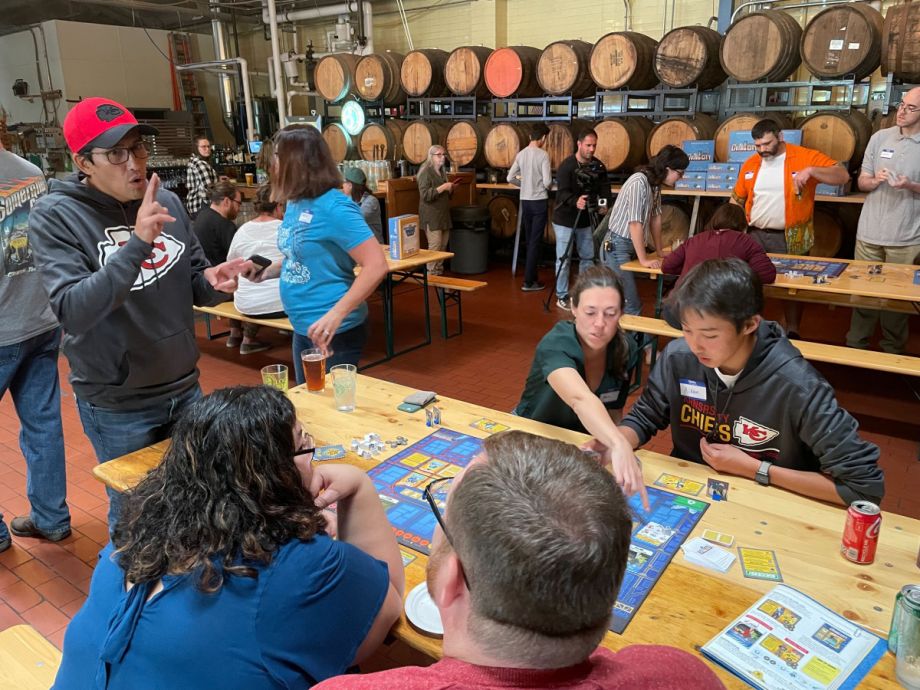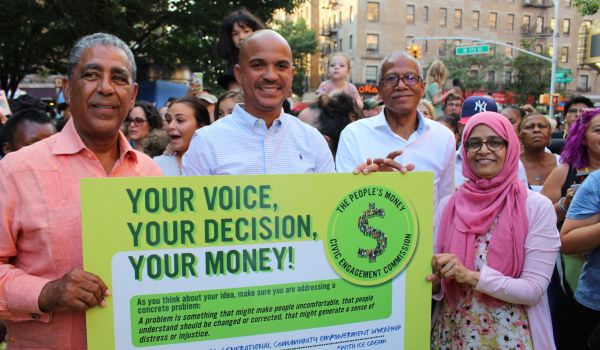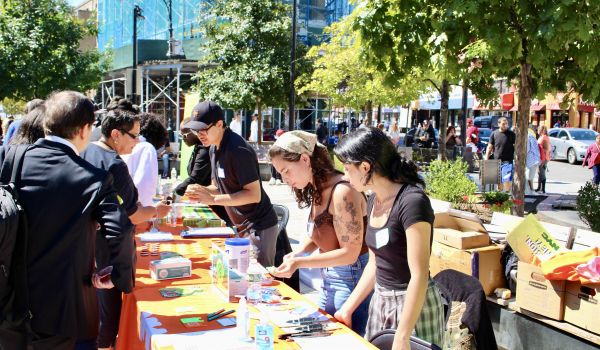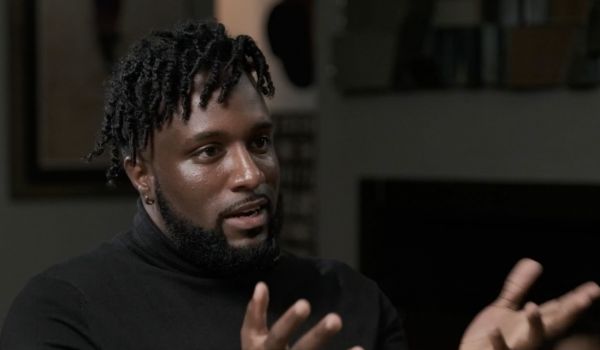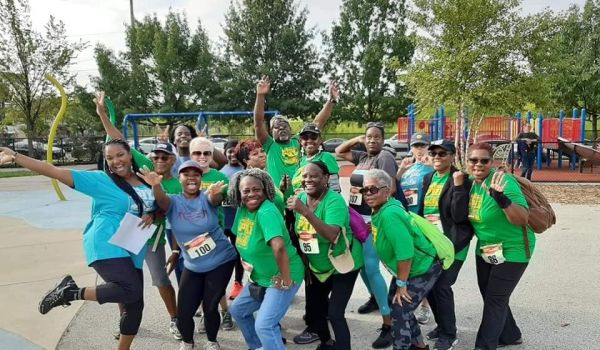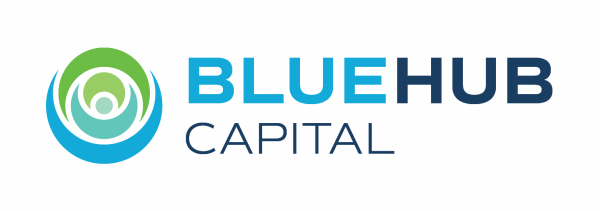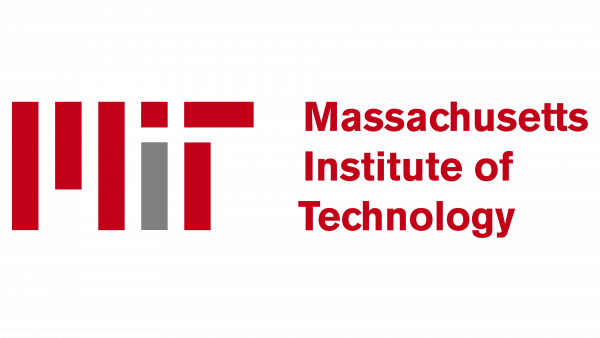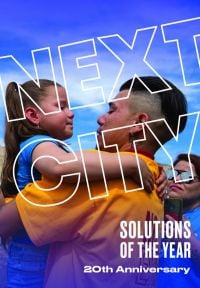In a time of increasing distrust in civic institutions and political systems, one nonprofit in Lexington is doing something about the dearth of engagement in local politics.
Launched in 2017, CivicLex endeavors to increase participation in local government in three key ways: providing easy access to information about the happenings of local government, increasing the opportunities and methods for participation in local government, and essentially covering city hall the way local news outlets otherwise would.
Richard Young got the idea for what would become CivicLex after his previous job in community development frequently placed him in city hall. “I would just continue to see the same five or six people there who were there because of their job — a couple city attorneys and those sorts of folks who are there professionally,” he says. “Just like in any local government, public participation [in Lexington] is really, really low. Folks don’t know how to engage with these sorts of complicated bureaucracies and systems.”
Three quarters of Americans can’t name all three branches of government, a 2016 survey by the University of Pennsylvania’s Annenberg Public Policy Center found. A representative democracy like that of the United States hinges on the active and informed participation of the public, but the educational infrastructure that supports such civic engagement and participation has been dwindling.
A 2018 report from Brookings’ Brown Center on Education Policy found that the civics knowledge of eighth graders has not seen the same improvements that reading and math scores had in previous years. While most states and D.C. require at least one civics course, none require the experiential learning considered critical for effective civics education.
CivicLex has stepped in where civics education has left off.
CivicLex’s website is designed as an accessible information hub, where residents can easily understand and track what’s going on in local government. They also send out a newsletter each week that condenses the information in one place that covers city hall in the vein of local news.
“In how we write and how everything we do is designed and laid out, we’re trying to make all of this stuff as simple as possible,” Young explains. “And really good design can change how people understand and interpret information.”
With local news ecosystems disappearing — between 1,300 and 1,400 U.S. communities that had their own papers in 2004 now have no news coverage at all — “we fill a really crucial role in that regard,” he adds.
What started as a largely educational endeavor to increase access to information has blossomed into what Young now calls civic transformation. “It’s big projects where we’re working with local government and other civic institutions to make it easier for the public to provide input,” he explains.
That has taken the form of CivicLex hosting between 50 and 70 events each year, including workshops where members of local government and the public come together to both learn about and engage with topics ranging from the city budget to affordable housing. CivicLex has also placed three artists across city departments to help re-envision both internal and external communications.
CivicLex’s efforts have been so embraced by local government officials that the organization helped the city run the public input process for the update of its newest comprehensive plan.
Susan Lamb, once a city council member and now the city clerk for Fayette County, saw the value of CivicLex’s work really emerge during the pandemic.
“I was chair of the General Government and Social Services Committee on the [city] council. We were going through all these virtual council meetings and really struggling during that time,” she says. “That’s when Richard and I really grew our conversations about how to try to improve the transparency and public comment process to engage more people locally.”
One way that CivicLex helped increase transparency was by creating a visual map of how local legislation gets made and moves through city council to replace the outdated and difficult to understand jargon buried within the city’s ordinances. “It just immediately clicked. City council members started putting it in their newsletters and the city has sort of adopted it now,” Young notes.
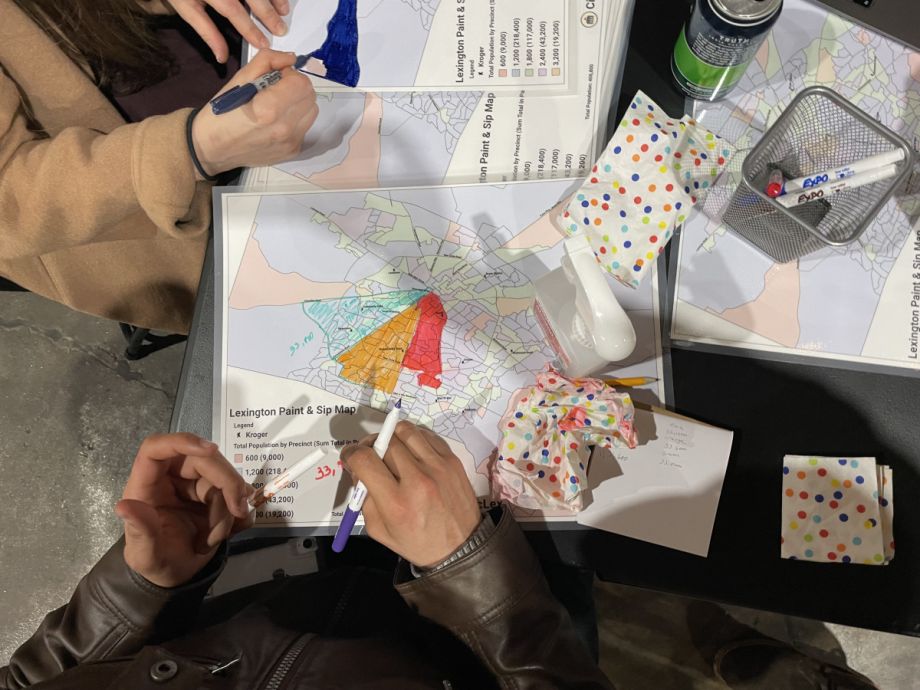
(Photo courtesy CivicLex)
Lamb has noticed other impacts, too. “They’re able to share information about meetings and subject matters that are important and that people want to engage in — meeting times, video streaming and things like that — and they’re sharing it without injecting their opinions,” she says.
“I love that because I think, in this day and time in our culture, we have to listen to facts and develop our own opinions instead of having someone tell us how we should think. I think that’s very, very important and CivcLex does that very well.”
While Young is reluctant to take too much credit for the changes seen in the city, there have been notable differences since CivicLex has launched.
“I think less than half of our 12 district council seats were contested in the election before we started. This most recent election year, all of those seats had a competitor. Some of them even had a lot of them,” Young says.
He adds that in the four years that CivicLex has been following Lexington’s city budget meeting, there has never been anyone from the public there. “This year there were like 30 people from the public there,” Young says.
Beyond recently launching a new initiative in partnership with the Fayette County public school system to adapt high school civics classes to be more oriented towards local government, Young looks forward to hopefully helping launch similar initiatives in other cities.
“We’re looking at figuring out how to work with other communities to build their own version of what we do,” he says.

Cinnamon Janzer is a freelance journalist based in Minneapolis. Her work has appeared in National Geographic, U.S. News & World Report, Rewire.news, and more. She holds an MA in Social Design, with a specialization in intervention design, from the Maryland Institute College of Art and a BA in Cultural Anthropology and Fine Art from the University of Minnesota, Twin Cities.
Follow Cinnamon .(JavaScript must be enabled to view this email address)

